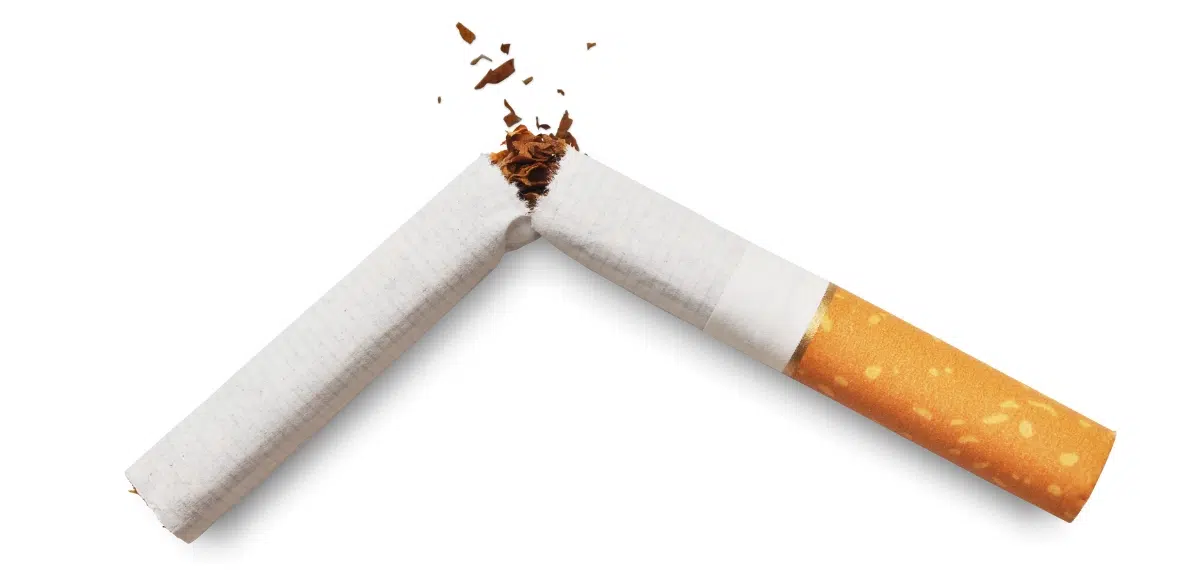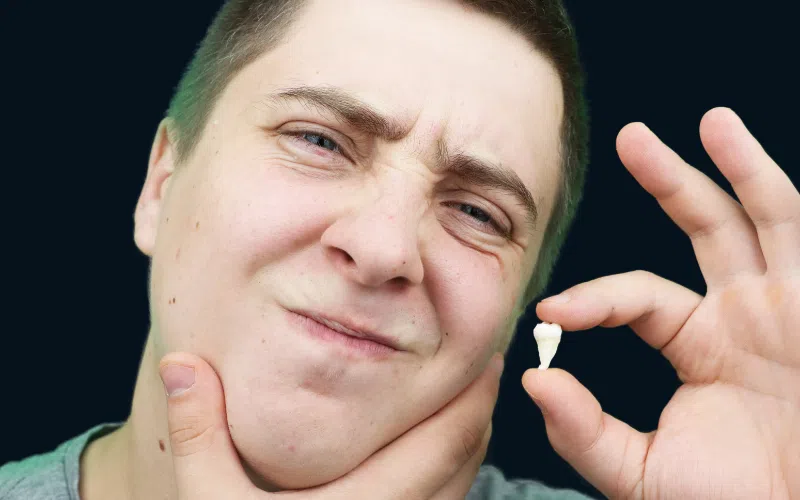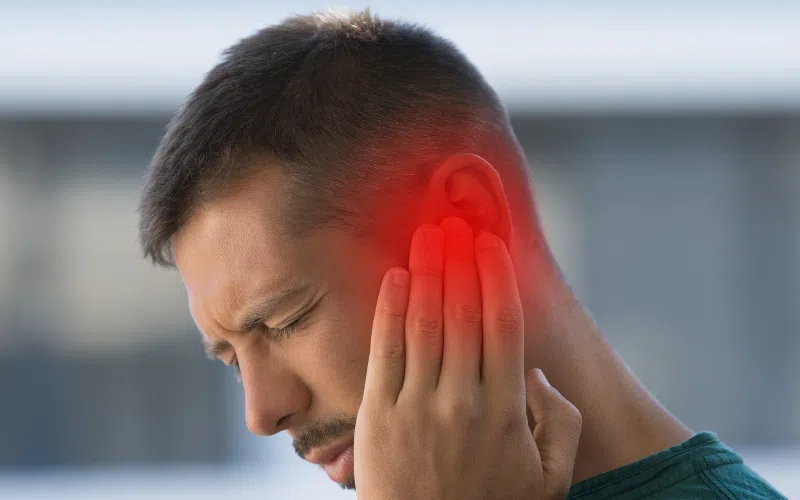Brentwood: (615) 235-1966

Can You Smoke After A Tooth Extraction?
Brentwood, TN

Many smokers often wonder about the appropriate time to resume smoking after having their teeth extracted. Dentists and health professionals typically discourage smoking and recommend abstaining from it for as long as possible following surgery.
Overcoming nicotine addiction is a process that takes time, and it is common for many smokers to continue using cigarettes after surgery. In order to prevent serious complications, it is crucial to take into account the length of time one has quit smoking and the potential risks that come with smoking.
Understanding the Tooth Extraction Process
Before delving into the smoking aspect, it’s crucial to grasp the basics of tooth extraction and the subsequent healing stages.
Tooth Extraction Procedure
The removal of a tooth from its socket is known as tooth extraction. It may be necessary due to various reasons, including severe decay, infection, or crowding.
Healing Stages
After extraction, the body initiates a natural healing process. The initial stage involves the formation of a blood clot in the extraction site, which serves as a protective barrier for the underlying bone and tissues.
Bone and Tissue Healing
Subsequent stages include the development of granulation tissue and the gradual filling of the extraction site with new bone. Complete healing typically takes several weeks, during which the patient must adhere to post-extraction care instructions.
The Impact of Smoking on Tooth Extraction Healing
Nicotine’s Constricting Effect
Smoking introduces nicotine into the bloodstream, which constricts blood vessels. Adequate blood flow is crucial for the formation of a stable blood clot and the subsequent healing process. Nicotine’s vasoconstrictive properties can impede this critical phase.
Reduced Oxygen Supply
Proper healing requires an optimal oxygen supply to the tissues. Smoking diminishes oxygen levels in the blood, potentially hindering the healing of both the soft tissues and the underlying bone.
Increased Risk of Complications
Smoking after a tooth extraction increases the risk of complications such as dry socket—a painful condition where the blood clot is dislodged or dissolves prematurely, exposing the bone and nerves.
What is the Recommended Waiting Period Before Smoking Following a Tooth Extraction?
Dentists recommend refraining from smoking and engaging in activities that involve similar oral motions, such as using straws, sucking, or spitting, for a few days following the extraction of a tooth.
The standard guideline is a duration of three days, equivalent to 72 hours. At this point, the blood clot should have developed, reducing your chances of experiencing dry sockets and other complications. If you are experiencing a strong desire to smoke immediately after surgery, make a concerted effort to refrain from doing so for the initial 24-hour period, as this is when you will be most susceptible to the effects.
How Can One Prevent Dry Sockets When Smoking?
- It is recommended to postpone smoking for as much time as possible.
- For additional support, it is recommended to contact a Quitline or use nicotine patches. However, it is important to avoid using nicotine gum or any chewing gum, as it can potentially harm your wound.
- If you choose to smoke, it is advisable to inhale with minimal force.
- Please restrict your smoking.
- Please make sure to monitor your wound site carefully to ensure that a blood clot has formed. If you notice any signs of blood loss and experience pain, it is important to contact your dentist, as this could be a dry socket.
- If you are experiencing bleeding or persistent pain or notice anything unusual at the wound site, please get in touch with your dentist.
Although the desire to smoke may be intense, it is crucial to prioritize your oral health and the healing process following a tooth extraction. To ensure a smoother recovery, reduce the risk of complications, and promote optimal long-term oral health, it is important to refrain from smoking during the critical initial stages. If you are still deciding when it is appropriate to start smoking again or if you have any concerns about your recovery, it is recommended that you consult your dentist for personalized guidance. It’s important to keep in mind that a short period of abstaining from certain habits can ultimately result in a healthier and pain-free smile in the future.




